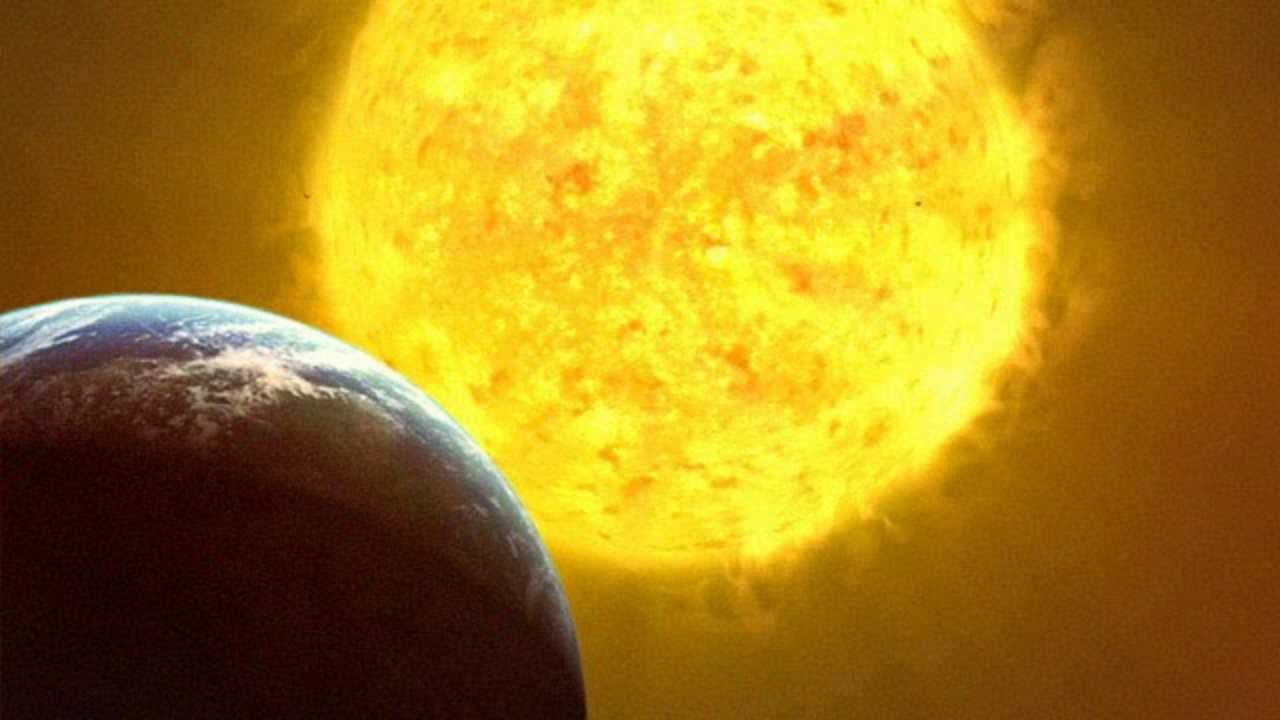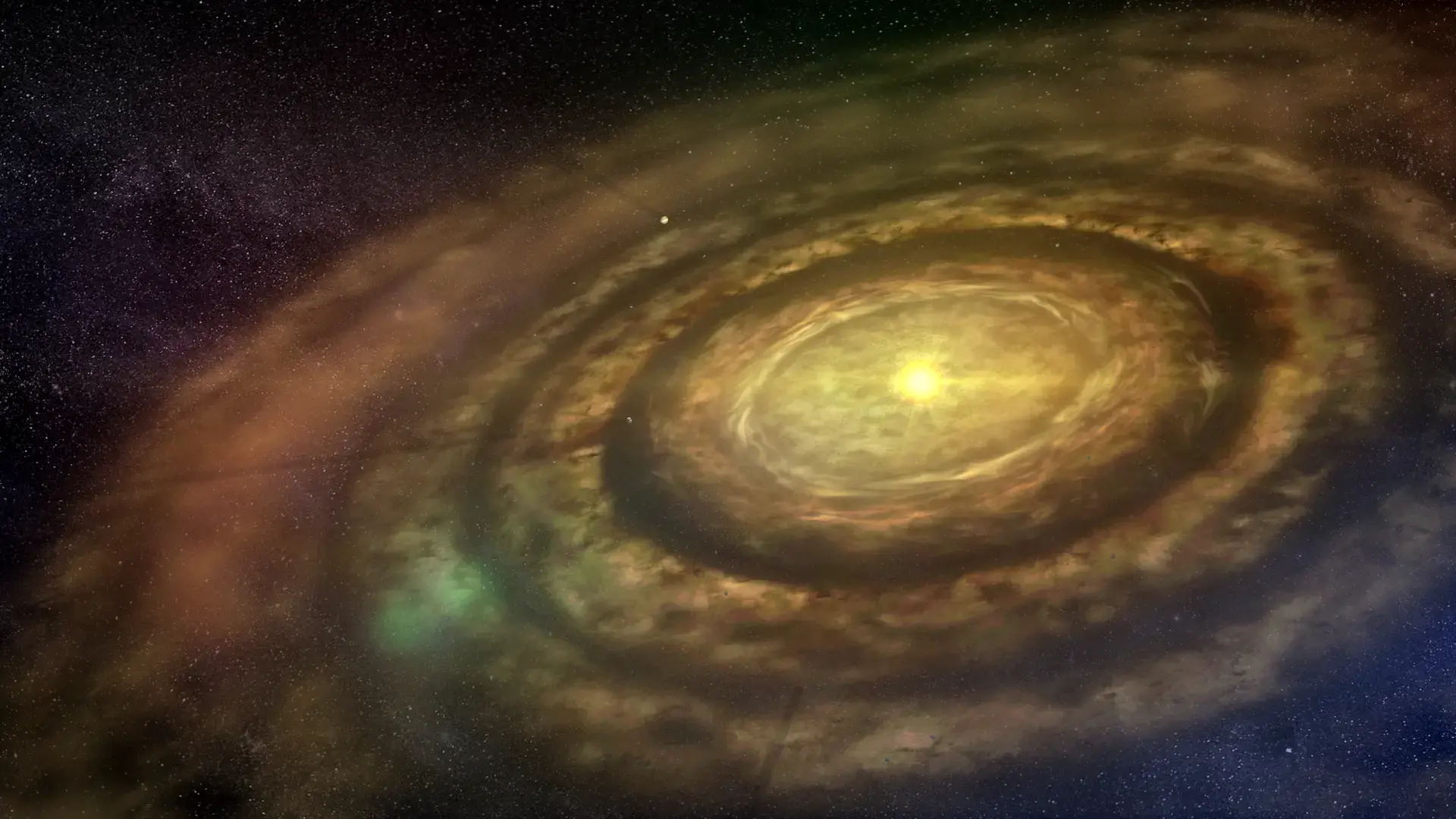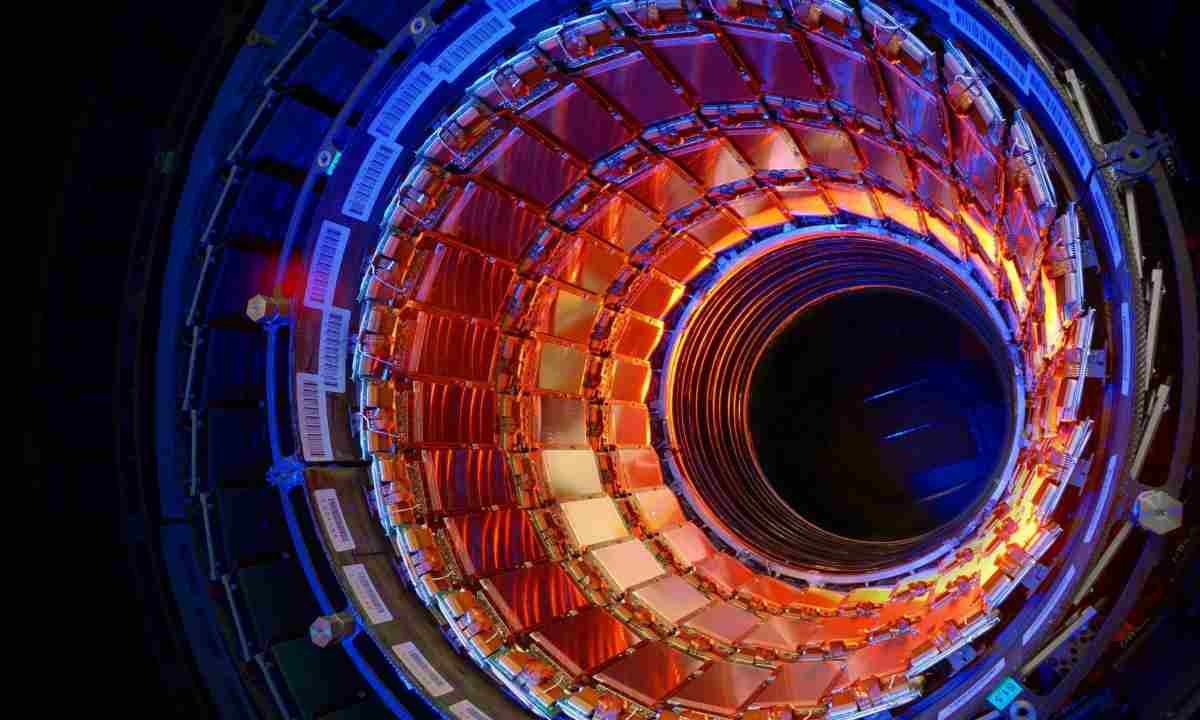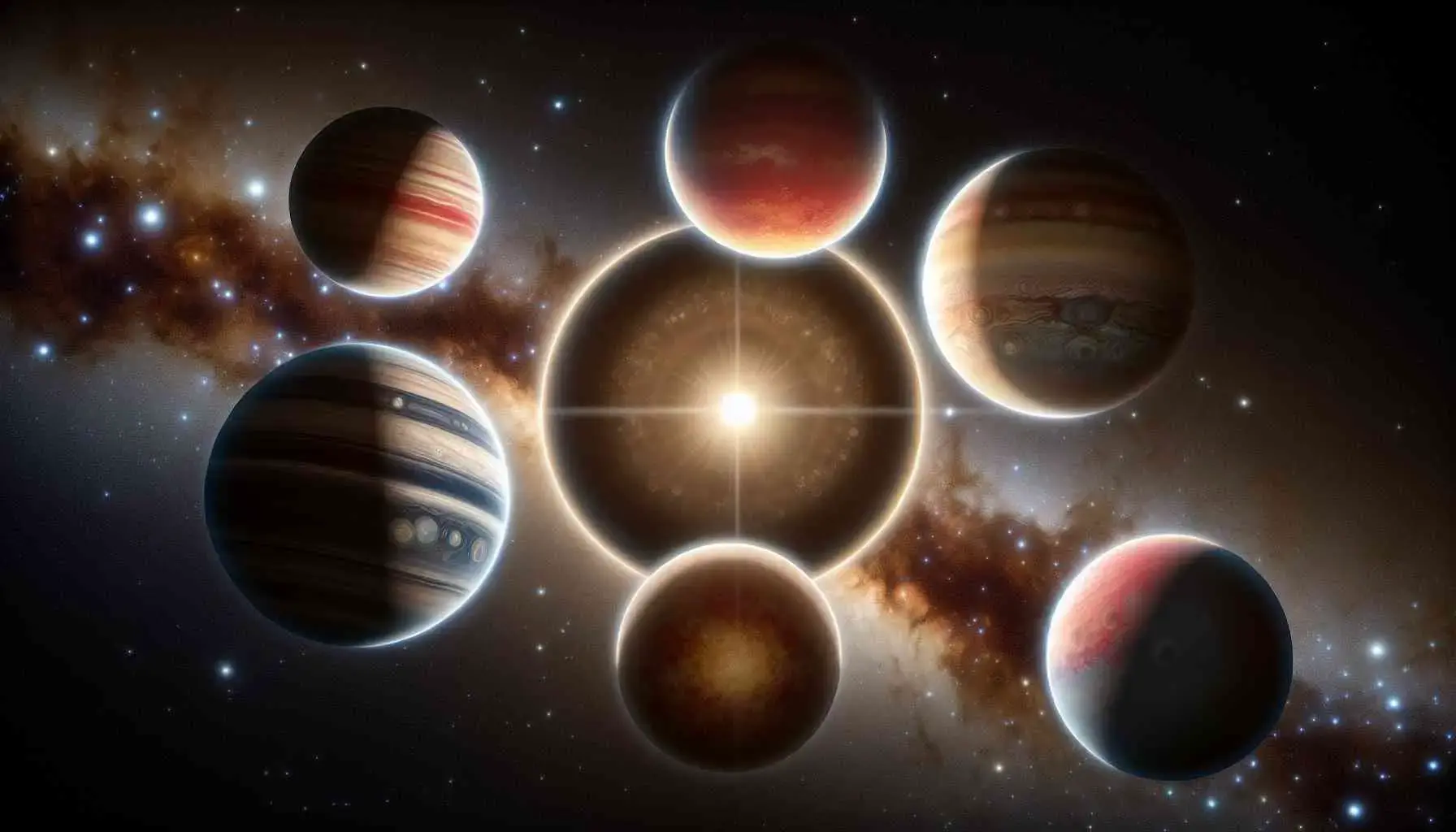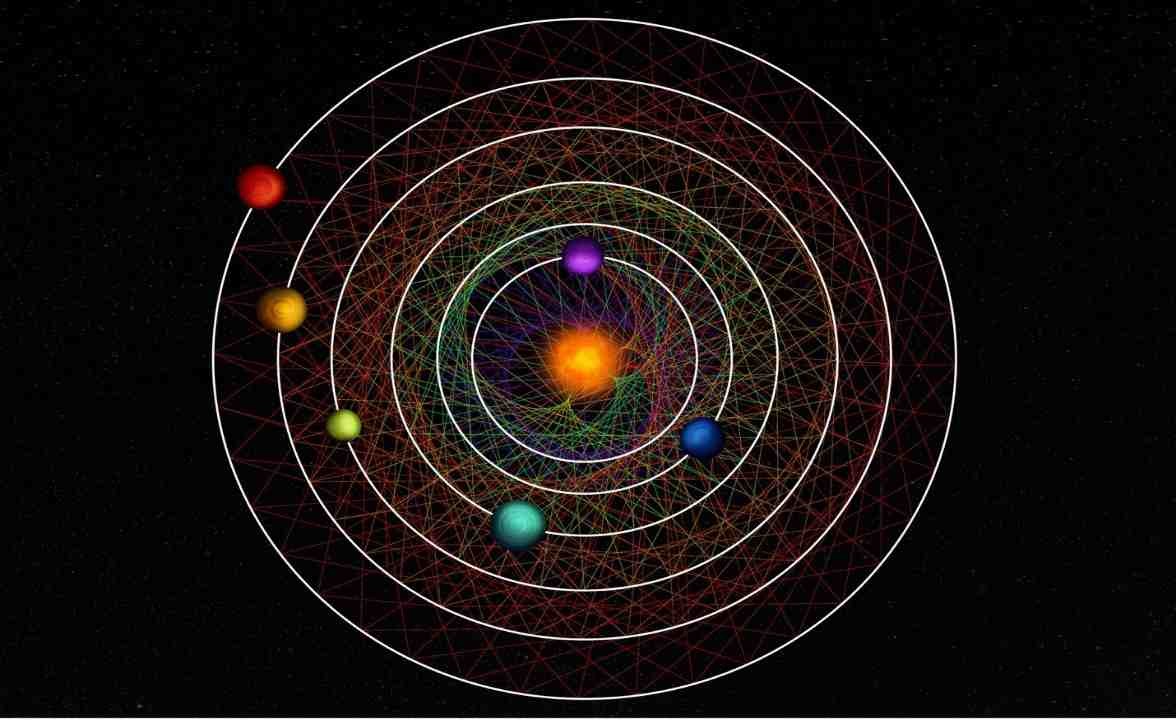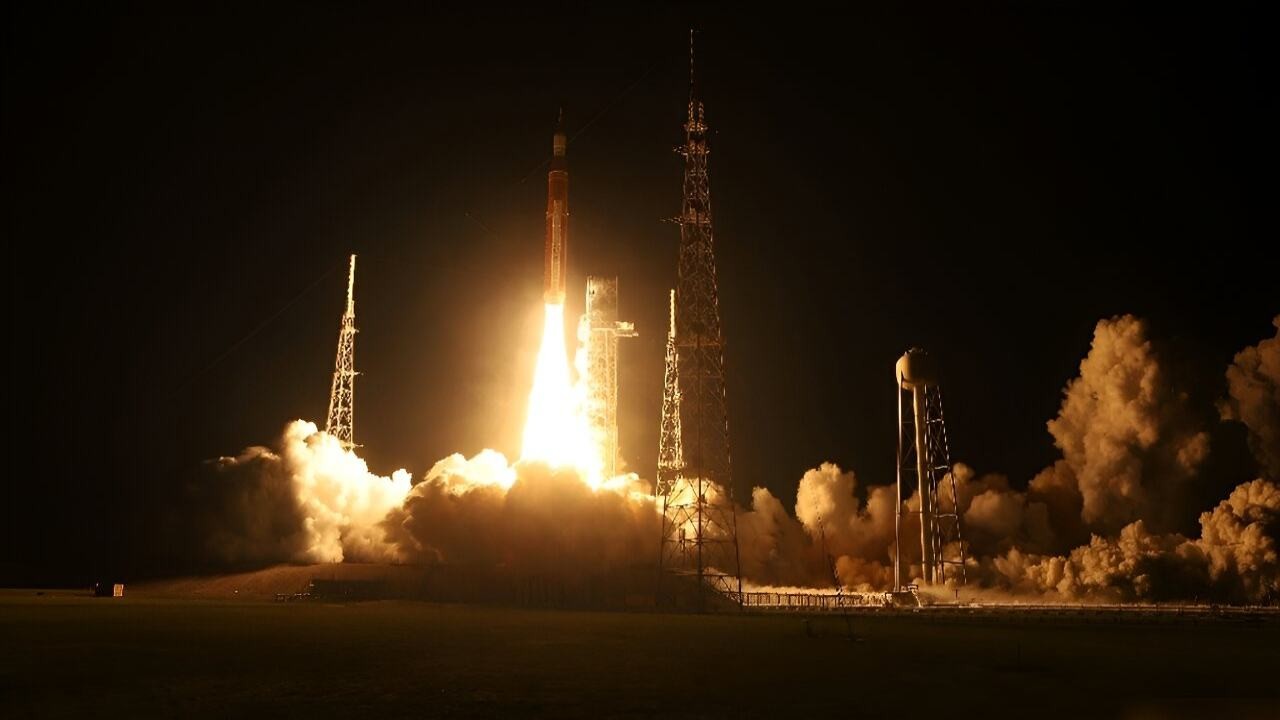A Japanese rocket engine exploded during a test on Friday, an official said, in the latest blow to the country’s space agency.
The Epsilon S—an improved version of the Epsilon rocket that failed to launch in October—blew up “roughly 50 seconds after ignition”, science and technology ministry official Naoya Takegami told AFP.
The testing site in the northern prefecture of Akita was engulfed in flames and a huge plume of gray smoke rose into the sky, footage from national broadcaster NHK showed.
“So far we have received no reports of injuries” from the Japan Aerospace Exploration Agency (JAXA), which was investigating the cause of the explosion, Takegami said.
The malfunction comes after Tokyo in March saw its second attempt to launch its next-generation H3 rocket fail after liftoff, and after the failed launch of the solid-fuel Epsilon in October.
That was Japan’s first failed launch in nearly two decades, and the only one for an Epsilon rocket, a model that has flown five successful missions since its 2013 debut.
In both incidents, JAXA was forced to send self-destruct orders to the rockets.
The Epsilon is smaller than the country’s previous liquid-fuelled model and a successor to the solid-fuel “M-5” rocket that was retired in 2006 due to its high cost.
JAXA said in May that the cause of the failed launch in October was a defect in pipes that carry fuel.
Japan plans to launch the Epsilon S rocket next year.
The country’s space program is one of the world’s largest, and in October JAXA astronaut Koichi Wakata flew to the International Space Station as part of the Crew-5 mission.
Source: Deccan Herald
